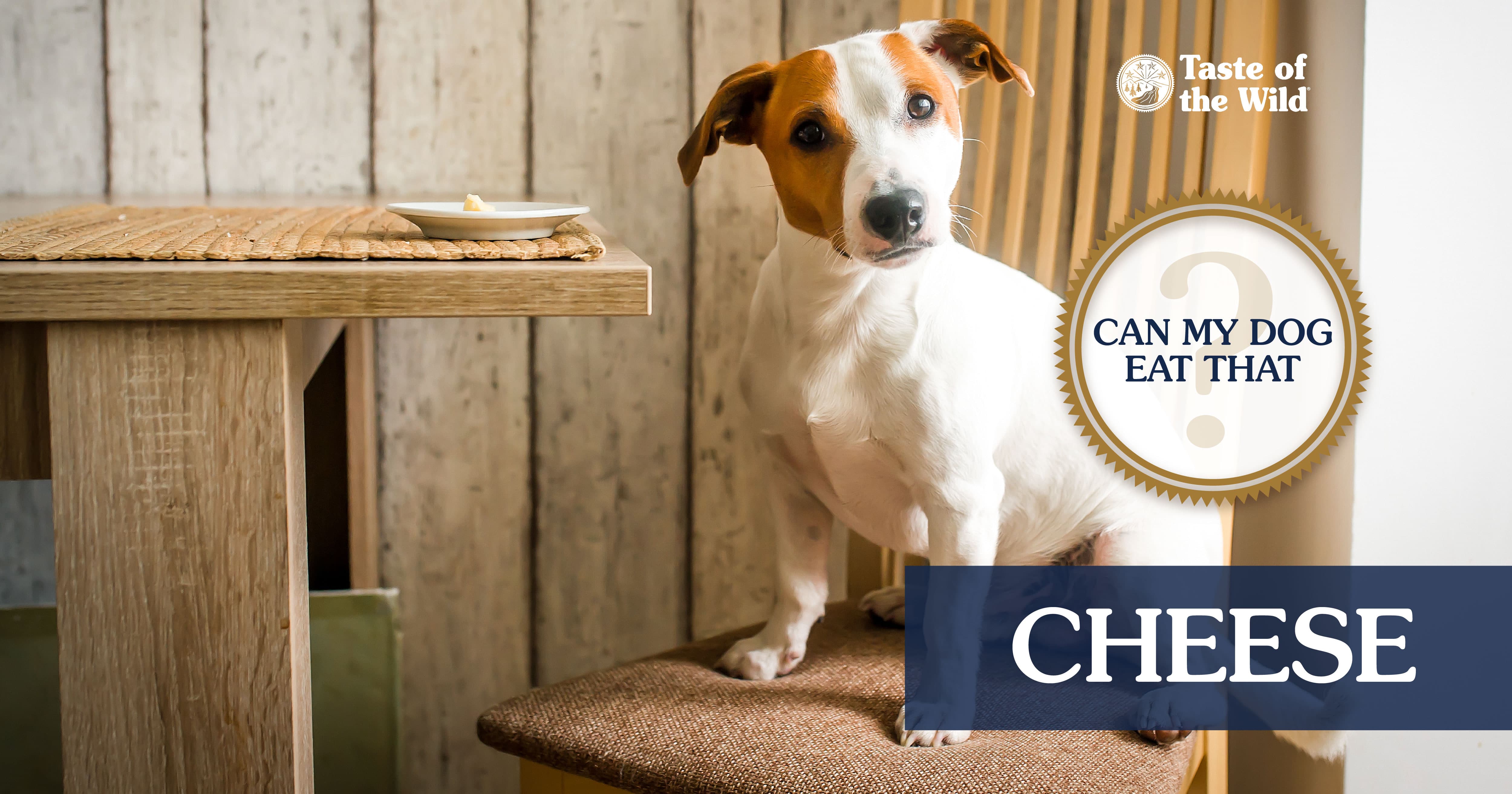
Welcome to “Can My Dog Eat That?,” our series that answers some obvious (and not-so-obvious) questions about what your dog can and can’t safely eat. Read on!
Cheese. Similar to avocado, it’s a snack that is easy to munch without too much guilt, right? After all, cheese is a dairy product and it’s high in calcium and protein! It’s way better than french fries or a candy bar, right? Well, perception isn’t always reality, especially when it comes to snacks that we might share with our dogs. Can dogs eat cheese? Yes, they can. Should they eat a lot of it? For all the reasons that humans might want to check their cheese intake, no.
When it comes to snacks, there are certainly worse things you can feed your dog. Most dogs can, in moderation, eat cheese without any serious repercussions outside of possibly a stinky room a few hours later. Cheese, in general, can be healthy, and dogs seem to love it. It’s a nutrient-rich treat, just like eggs are. The high amounts of calcium are good for strong teeth and bones. Vitamins A, D and B are usually prominent. Cheese is an excellent source of protein. Where’s the bad, here?
When we say that your dog can eat cheese in moderation, the term “in moderation” does a lot of heavy lifting. Cheese can be great to use as a training tool and it seems custom made for coaxing your pooch into happily scarfing pills. But cheese is almost always high in fat, and too much can cause pancreatitis. Too much for too long can cause obesity and all the issues that come with that.
Lacking Tolerance for Lactose
Dogs are much more frequently lactose intolerant than humans. As dogs age out of puppyhood, they produce less of the enzyme lactase, which helps their puppy systems digest their mother’s milk. Without (or with less of) the enzyme, adult dogs can have a very hard time digesting milk products. This doesn’t mean your dog can’t digest dairy, but it does mean that lactose can stay in their systems long enough to ferment, which can cause gas, cramps and diarrhea. There are varying degrees of lactose intolerance in dogs, and the only way to know for sure how well your dog’s system can handle it is to talk to your veterinarian — although your nose might give you a clue.
Not All Cheese Is Created Equal
To put it simply, there are a lot of cheeses out there, and they aren’t all created the same way. Some are highly processed and filled with sodium. Some are much higher in fat than others, like cheddar, Swiss and goat cheese. Cheddar and American cheese are high in cholesterol. If you want to treat your dog with healthy cheese, stick with mozzarella, ricotta and cottage cheese. There are hundreds of cheeses out there, but these are the more common varieties on both ends of the spectrum.
Of course, you can also find fat-free versions of most popular cheese varieties. Your dog’s mileage may vary!
Oh Cheese, Just Give Them Some, Already!
Yes, with a few considerations, your dog can have the occasional cheesy treat. As with every food or treat not formulated specifically for your dog, make sure to read the label very carefully. If you have any questions, consult your veterinarian.

RELATED POST: Can My Dog Eat That: A Guide by Taste of the Wild
The information in this blog has been developed with our veterinarian and is designed to help educate pet parents. If you have questions or concerns about your pet's health or nutrition, please talk with your veterinarian.
